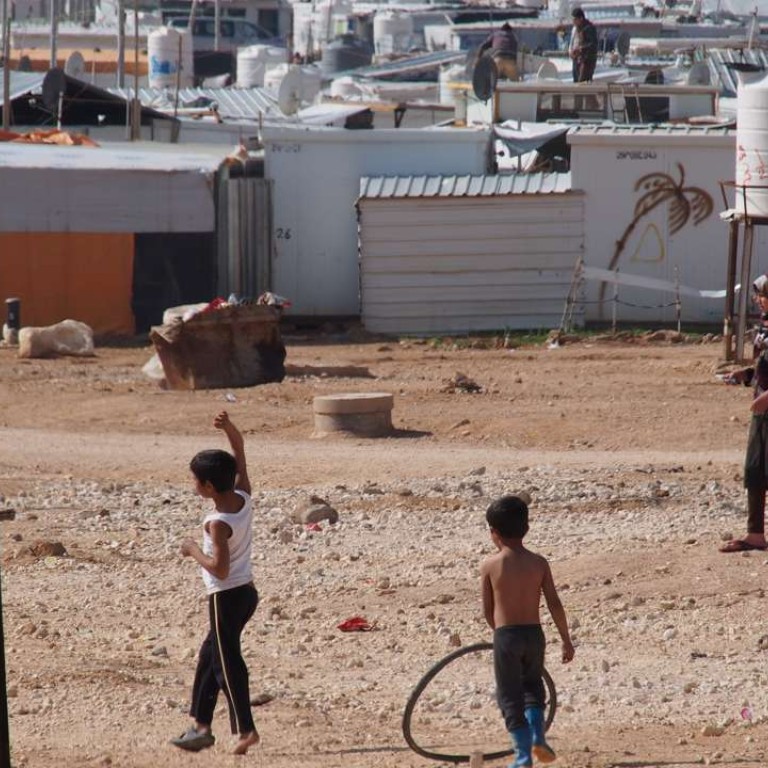
Trump’s America needs to do more, not less, to support the UN
Zhou Bo says any funding cut by biggest contributor America would leave the United Nations struggling to meet costs amid rising human misery and demand for peacekeeping missions
John Bolton, former US ambassador to the UN, once (in)famously stated: “The [UN] Secretariat Building in New York has 38 storeys. If you lost 10 storeys today, it wouldn’t make a bit of difference.” Now it looks like there’s a real danger it may lose 10 floors. According to Foreign Policy, the Trump White House is seeking to cut US$1 billion in funding for UN peacekeeping operations and hundreds of millions of dollars for other UN programmes that care for needy children and the world’s poorest.
Expectations for UN peacekeeping are at an all-time high
Watch: Donald Trump vows “big” spend on defence and infrastructure
Expectations for peacekeeping are at an all-time high. A UN report last October found more than 65 million people forcibly displaced and armed conflict impacting the lives of record numbers. At the 2015 Leaders’ Summit on UN Peacekeeping, more than 50 countries pledged more than 40,000 troops and police, 40 helicopters, 15 engineering companies and 10 field hospitals. The UN, which has never had a standing army of its own, announced the setting up of a 4,000-strong rapid deployment force composed of member-state troops. But without adequate funding, it is hard to see how it can afford operational and staff costs, and reimburse uniformed personnel and member states.
As of February, the US had only 68 people working on peacekeeping, compared with 8,321 from Ethiopia and 2,567 from China
America’s lukewarm attitude towards the UN is well-known. As of February, it only had 68 people working on peacekeeping, compared with 8,321 from Ethiopia, the top troop contributor, and 2,567 from China, a fellow permanent member of the Security Council. But the US is credited as the largest financial contributor to peacekeeping. If the US cuts funding, the UN’s image and credibility will be hit hard, and invite negative consequences for the international system and the people it claims to help.

China can shine on the UN stage, as Trump puts America first
The UN is left with two options: either downsize its missions or ask other member states to increase their financial contributions to fill the gap. If it is the latter, the UN might first turn to China, the world’s second-largest economy and a firm supporter of the UN. China is now the third-largest financial contributor to the UN and second-largest financial contributor to peacekeeping. But the question is: why should China pay for an American “default”??
The UN is a tree grown out of the ashes of two world wars. The seed, planted by the founding members in 1942, is simply a wish that such wars never happen again. Yes, one could easily hear a litany of complaints against the UN, such as oversizing, low efficiency and bureaucracy, but it is still universally recognised as indispensable. Rather than weakening it, all member states, including the US, need to make it stronger.
Remember, it was a US president, Franklin D. Roosevelt, who coined the term “United Nations”. And, today, the UN headquarters stands on American soil.
Zhou Bo is an honorary fellow with the Centre of China-American Defence Relations at the Academy of Military Science

